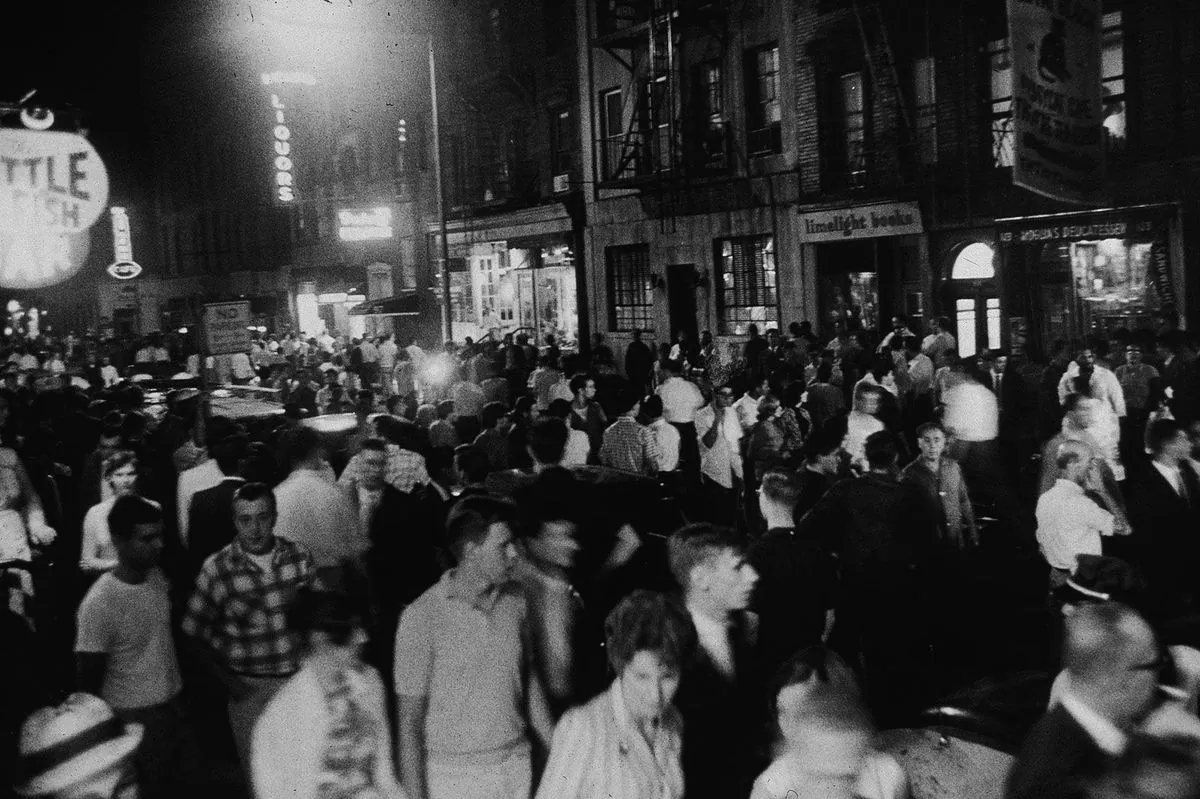Hettie Jones, Beat Generation Pioneer and Literary Luminary, Dies at 90
Hettie Jones, a key figure in the Beat literary movement and former wife of Amiri Baraka, has passed away at 90. Her legacy includes groundbreaking contributions to literature, publishing, and education.

Hettie Jones, a prominent figure in the Beat Generation literary movement and a trailblazer for women in literature, passed away on August 13, 2024, at the age of 90. Her family announced her death, marking the end of an era for the Greenwich Village artistic community.
Born in 1934 into a Yiddish-speaking family in New York City, Jones found her artistic home in Greenwich Village during the 1950s and 1960s. This neighborhood had been a hub for artists and intellectuals since the early 20th century, providing the perfect backdrop for Jones' literary journey.
After graduating from Mary Washington College (now the University of Mary Washington), Jones immersed herself in the vibrant Greenwich Village scene. In 1957, she began working at the Record Changer, a jazz magazine, where she met LeRoi Jones, later known as Amiri Baraka. Their relationship would prove pivotal both personally and professionally.
The couple married and co-founded the literary journal Yugen and Totem Press, publishing works by renowned Beat authors such as Allen Ginsberg and William Burroughs. These ventures played a crucial role in promoting the Beat Generation, a literary movement that emerged in the 1950s and challenged conventional norms.
However, their interracial marriage faced significant challenges, even in the supposedly liberal Greenwich Village. It's worth noting that interracial marriages were still illegal in some U.S. states until 1967, highlighting the societal pressures the couple faced.

The assassination of Malcolm X in February 1965 marked a turning point for Amiri Baraka, leading to the couple's separation. Baraka moved to Harlem and became a key figure in the Black Arts Movement of the 1960s, which coincided with the rise of the Black Power movement.
Despite the end of her marriage, Jones continued to thrive in her literary career. She taught at prestigious institutions such as the New School, founded in 1919 as a progressive, experimental college, and the 92nd Street Y, a cultural center in New York since 1874. Jones also chaired PEN America's prison writing committee, an organization founded in 1922 to promote literature and defend free expression.
One of Jones' most significant achievements was her poetry collection "Drive," published in 1997. The Poetry Society of America, the oldest poetry organization in the United States, named it the year's best debut.
Throughout her career, Jones remained committed to amplifying women's voices in literature. In 2016, she published "Love, H.", a collection of letters between herself and artist Helene Dorn. Jones emphasized the importance of showcasing intense female friendships, stating, "When I was a kid I never knew women did anything. We didn't learn about the suffragists, not to any degree. I wanted women to know that women can have friendships that are intense."
"I wanted women to know that women can have friendships that are intense."
Jones' legacy extends beyond her writing. She successfully fought against the demolition of her apartment building by the Cooper Square Hotel (now The Standard, East Village) and ran writing workshops at the Bedford Hills Correctional Facility, the largest women's prison in New York.
As we reflect on Hettie Jones' life and contributions, we are reminded of the profound impact one individual can have on literature, culture, and social progress. Her journey from the Beat Generation to becoming a respected author and educator serves as an inspiration for future generations of writers and activists.


































